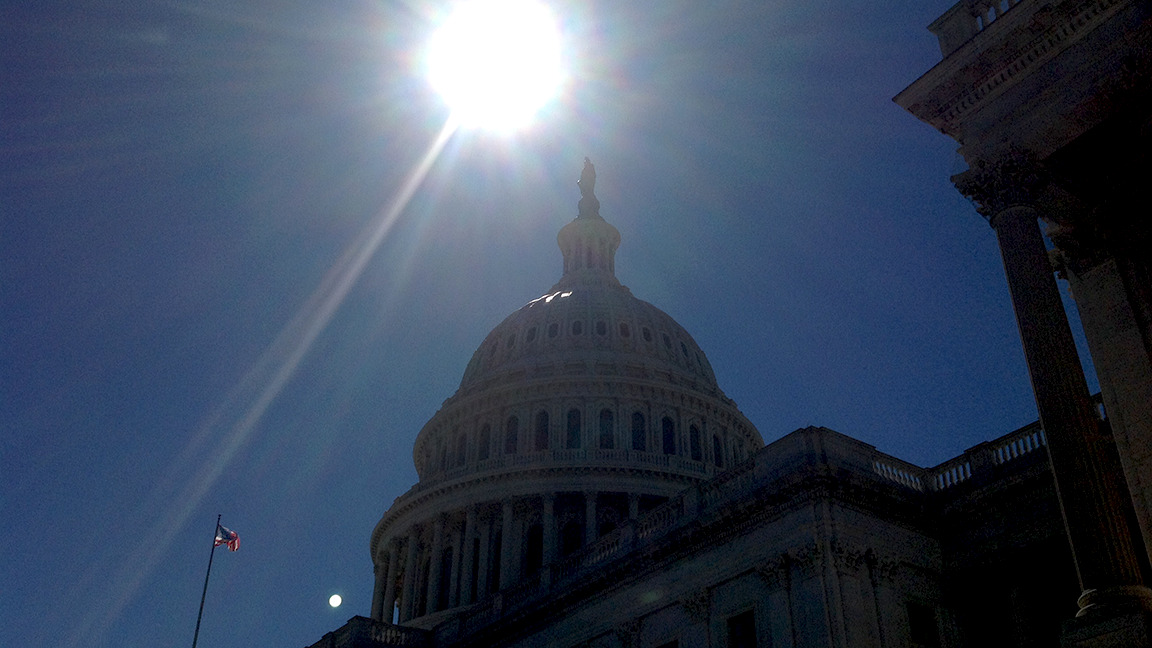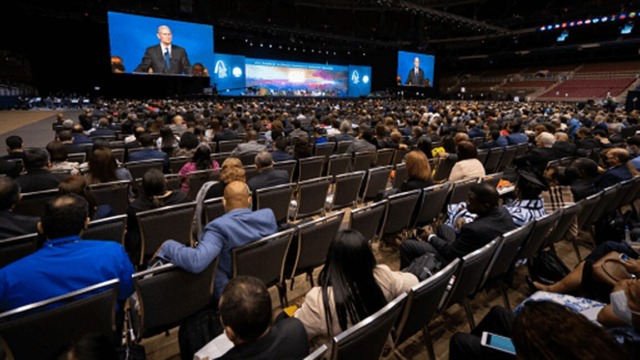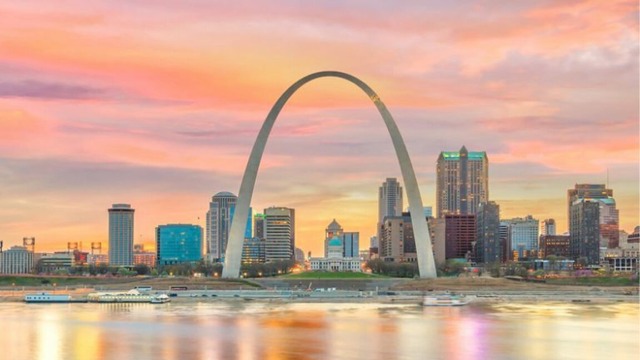By Nathaniel Gamble
Many Americans will be spending the Fourth of July celebrating with family and friends. And that makes the Fourth of July a good time for Seventh-day Adventists to familiarize themselves with the first amendment of the United States Constitution and how our view of religious liberty helps us appreciate and cherish that amendment.
The First Amendment of the United States Constitution states: “Congress shall make no law respecting an establishment of religion or prohibiting the free exercise thereof; or abridging the freedom of speech, or of the press; or the right of the people peaceably to assemble, and to petition the Government for a redress of grievances.”
When most people read these words, they are filled with a sense of pride and gratitude for the freedoms outlined. Nevertheless, this amendment is often misinterpreted on two points. First, the phrase “Congress shall make no law” grammatically applies to all the freedoms in the amendment: the practice of religion, the ability to engage in free speech, operating a free press (including journalism and self-publishing), and the right of citizens to assemble publicly and peacefully to petition the current members of government to listen to their constituents. The reason I point this out is because it is so easy to think that the only item Congress is or isn’t supposed to make laws about is religion. In reality, Congress is supposed to concern itself with ALL of the freedoms listed in the first amendment.
Second, the expression “shall make no law” identifies the way in which Congress is to be involved with the freedoms of religion, speech, the press, and public assembly and informing the government of your displeasure: as guardian, not as dictator. According to the first amendment, Congress is to guard these freedoms tenaciously. The work of Congress in our system of government is to legislate—to make laws that govern our land. But the first amendment instructs Congress to use its law-making powers to guard and protect these freedoms, so the American people can engage in or refrain from utilizing for themselves the freedoms of religion, speech, the press, and public assembly. Congress is not to refrain from making laws about religion, free speech, free press, or public assembly. Rather, it is supposed to make laws that protect the American citizen’s ability to make decisions about these freedoms for him or herself.
What does this brief government lesson have to do with the Seventh-day Adventist view on religious liberty? Our views on religious liberty are quite expansive: we believe everybody belongs to God and that God has given everybody the freedom to choose or reject him. Consequently, Adventist practice of religious liberty has always maintained that God calls me to support my neighbor’s exercise (or not) of religion, even if I disagree with my neighbor’s choices.
God’s job is to work with each individual to bring them to the knowledge of his love for them and the salvation he has available for them in Jesus. Your and my job is to advocate and defend each individual’s decision about religion which they make for themselves. As we seek to share the love of Jesus with others, Jesus’ love will move us to do two things: support other people in their use of the freedom God gave them and, if necessary, remind Congress (and other government leaders) to safeguard this freedom for each individual.
As you celebrate the Fourth of July, have fun and enjoy your friends and loved ones! But don’t forget that the maintenance of religious freedom, like any other freedom, is an ongoing and present necessity which none of us can underestimate or pass off to someone else.
—Nathaniel Gamble is the RMC religious liberty director. Photo by Rajmund Dabrowski.




